
FAO reaches milestone in massive famine-prevention campaign in Somalia
WAAGACUSUB:- The Food and Agriculture Organization of the United Nations (FAO) is pushing forward with a massive campaign that has so far treated more than 12 million animals in less than three months, protecting the livelihoods of hundreds of thousands of families who rely on their livestock's meat and milk for survival.
By mid-July, FAO will have reached 22 million animals, benefiting over 3 million people.
"Saving animals saves human lives and livelihoods. When animals are weakened by drought, they stop producing milk or die which means people go hungry and families are pushed out of self-reliance," said Richard Trenchard, FAO Representative in Somalia.
Around 3.2 million people in Somalia are on a hunger knife-edge. The majority live in rural areas and livestock such as goats, camels, sheep and cattle are their main source of food and income.
"What we have heard again and again from displaced people in camps is that when they lost their animals, everything collapsed. It is a steep, long climb for them to get back on their feet again. We have stepped up our response to reach families before that happens," Trenchard said, adding: "Livelihoods are their best defence against famine".
By mid-July, FAO will have reached 22 million animals, benefiting over 3 million people.
"Saving animals saves human lives and livelihoods. When animals are weakened by drought, they stop producing milk or die which means people go hungry and families are pushed out of self-reliance," said Richard Trenchard, FAO Representative in Somalia.
Around 3.2 million people in Somalia are on a hunger knife-edge. The majority live in rural areas and livestock such as goats, camels, sheep and cattle are their main source of food and income.
"What we have heard again and again from displaced people in camps is that when they lost their animals, everything collapsed. It is a steep, long climb for them to get back on their feet again. We have stepped up our response to reach families before that happens," Trenchard said, adding: "Livelihoods are their best defence against famine".
FAO is deploying 150 veterinary teams across Somalia to treat goats and sheep as well as cattle and camels - up to 270,000 animals each day. The teams are made up of local Somali veterinary professionals.
Simple, cost-effective care
Livestock badly weakened by the lack of feed and water are highly susceptible to illnesses and parasites but are too weak to withstand vaccination. As part of an integrated response program to improve the conditions of livestock, animals are treated with multivitamin boosters, medicines that kill off internal and external parasites, deworming, and other treatments to fight respiratory infections.
The simple and cost-effective care being provided by the FAO vet teams is reinforcing animals' coping capacity and keeping them alive and productive.
FAO's livestock campaign in Somalia is being supported mainly thanks to generous funding from the UK's Department for International Development (DFID) with important contributions from the Canadian Department of Foreign Affairs, Trade and Development (DFATD) and the UN's Central Emergency Response Fund (CERF). FAO has also mobilized some of its own resources to back the effort.
Through its Famine Prevention and Drought Response Plan, FAO is delivering large-scale, strategic combinations of assistance to prevent famine in Somalia. In addition to livestock treatments, this includes giving rural families cash for food purchases, helping communities rehabilitate agricultural infrastructure, and providing farmers with vouchers for locally-sourced seeds along with tractor services that reduce their labour burden.
Simple, cost-effective care
Livestock badly weakened by the lack of feed and water are highly susceptible to illnesses and parasites but are too weak to withstand vaccination. As part of an integrated response program to improve the conditions of livestock, animals are treated with multivitamin boosters, medicines that kill off internal and external parasites, deworming, and other treatments to fight respiratory infections.
The simple and cost-effective care being provided by the FAO vet teams is reinforcing animals' coping capacity and keeping them alive and productive.
FAO's livestock campaign in Somalia is being supported mainly thanks to generous funding from the UK's Department for International Development (DFID) with important contributions from the Canadian Department of Foreign Affairs, Trade and Development (DFATD) and the UN's Central Emergency Response Fund (CERF). FAO has also mobilized some of its own resources to back the effort.
Through its Famine Prevention and Drought Response Plan, FAO is delivering large-scale, strategic combinations of assistance to prevent famine in Somalia. In addition to livestock treatments, this includes giving rural families cash for food purchases, helping communities rehabilitate agricultural infrastructure, and providing farmers with vouchers for locally-sourced seeds along with tractor services that reduce their labour burden.
Leave a comment
Waagacusub TV
Loading...



 0
0 
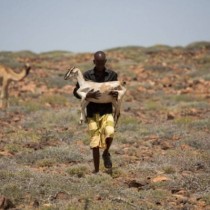

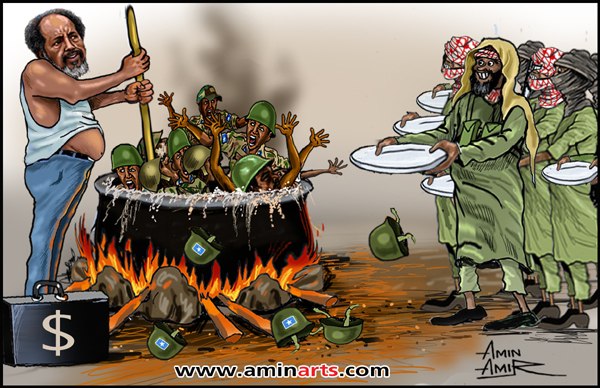
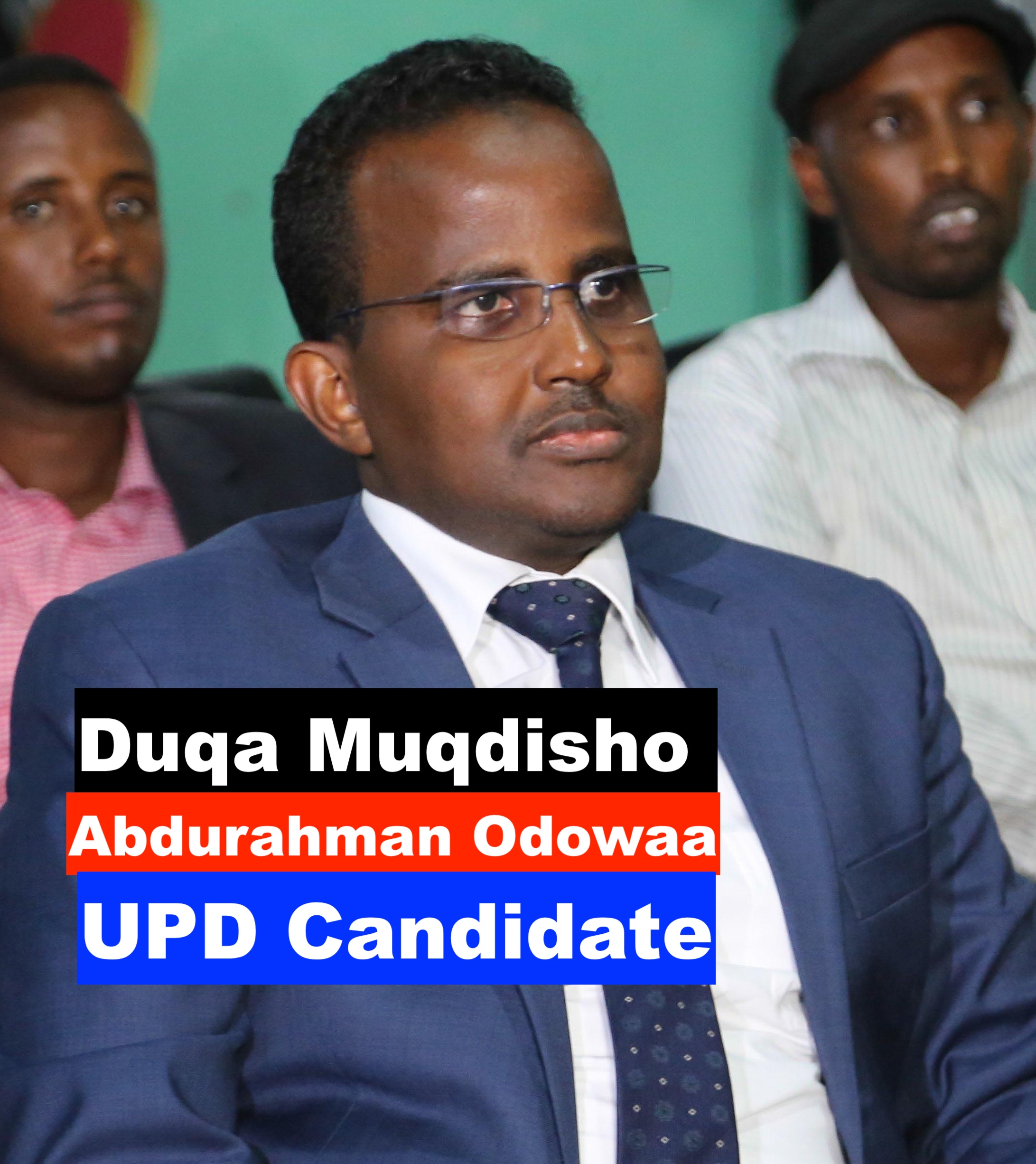
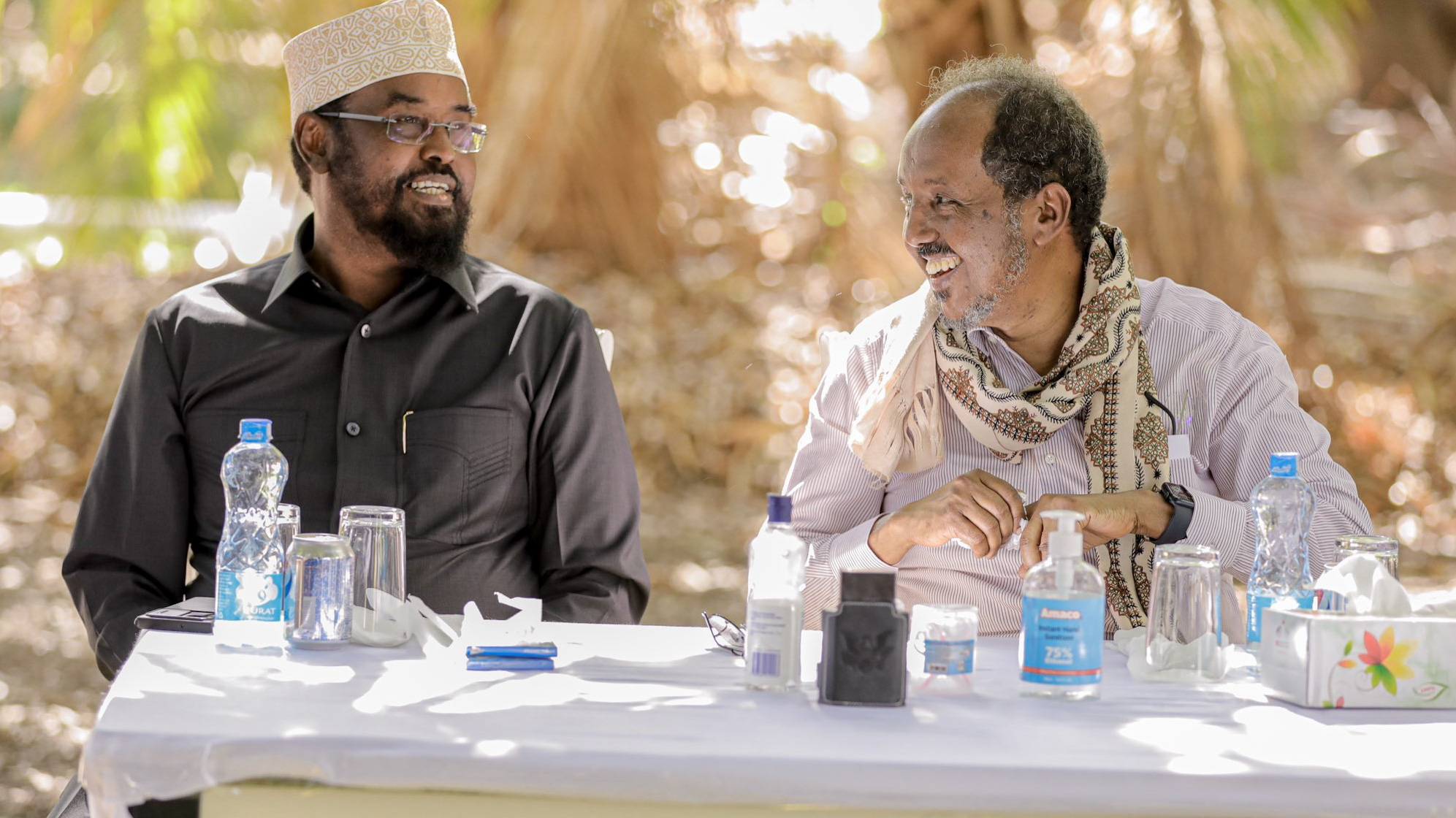
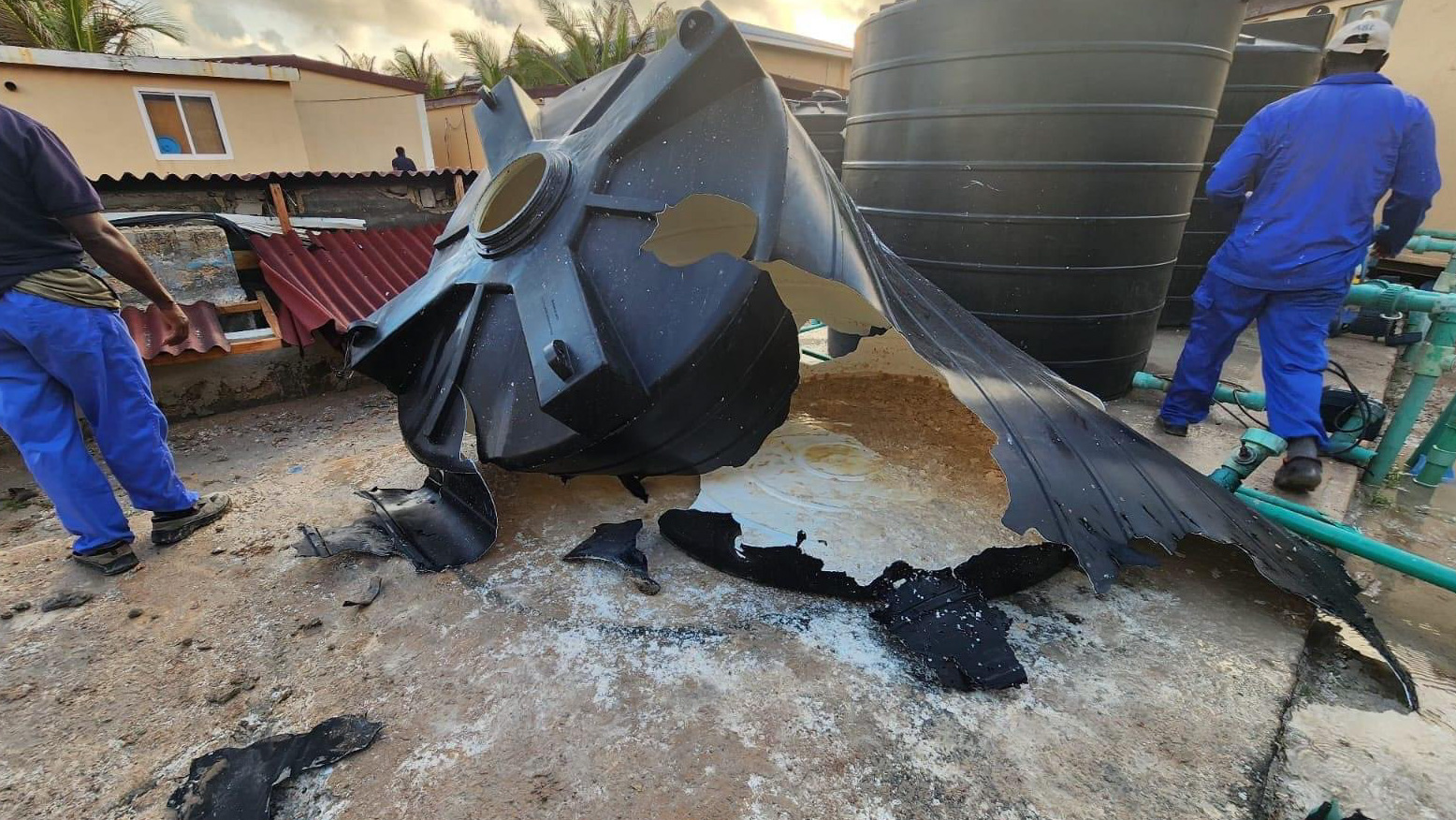
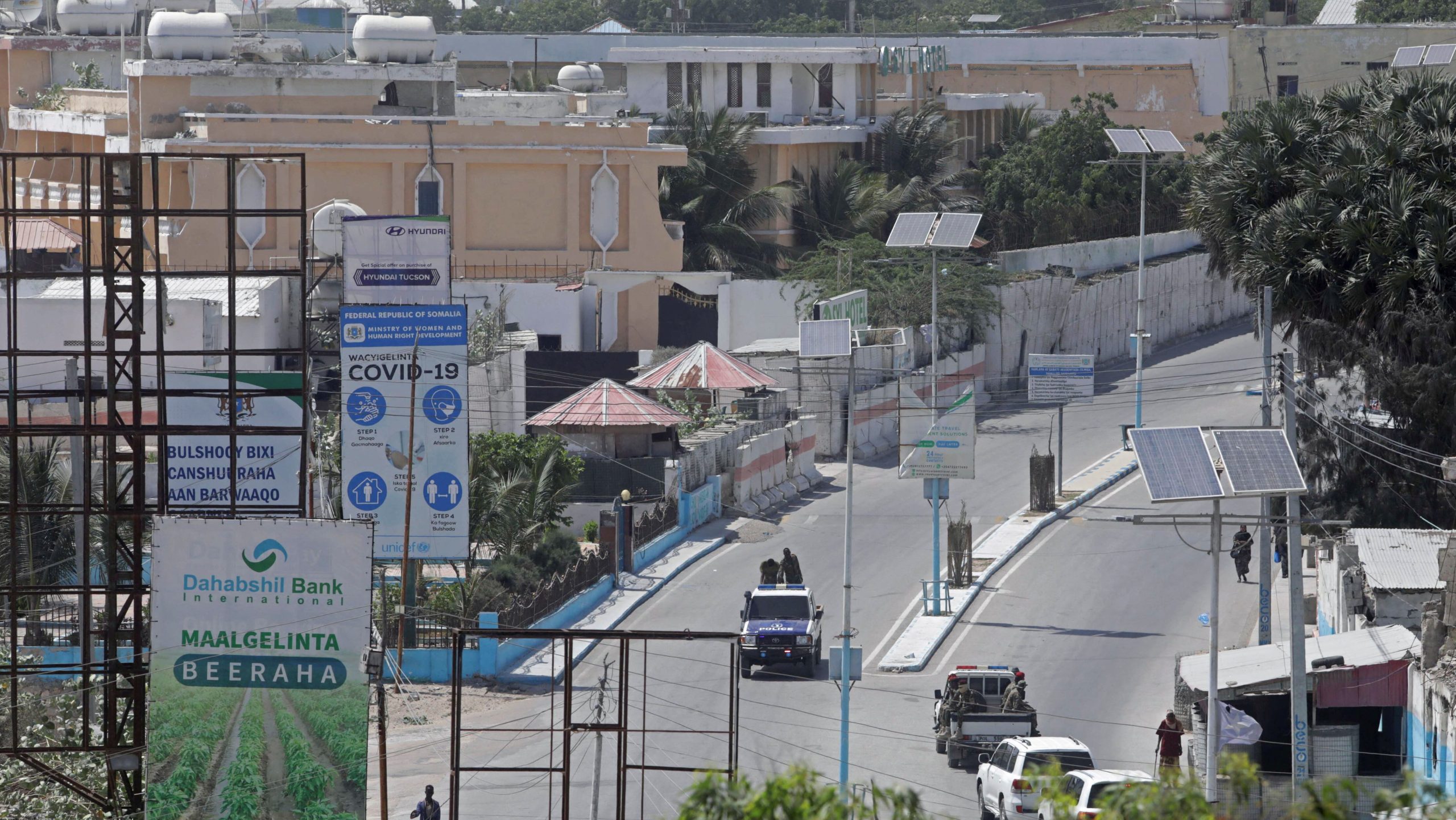
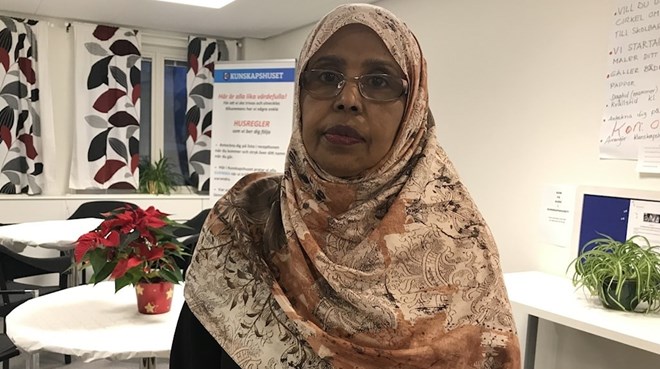
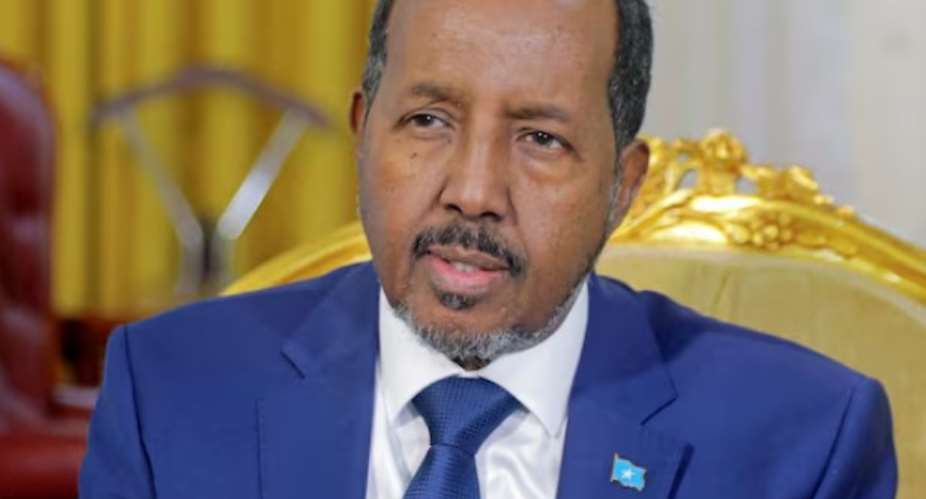
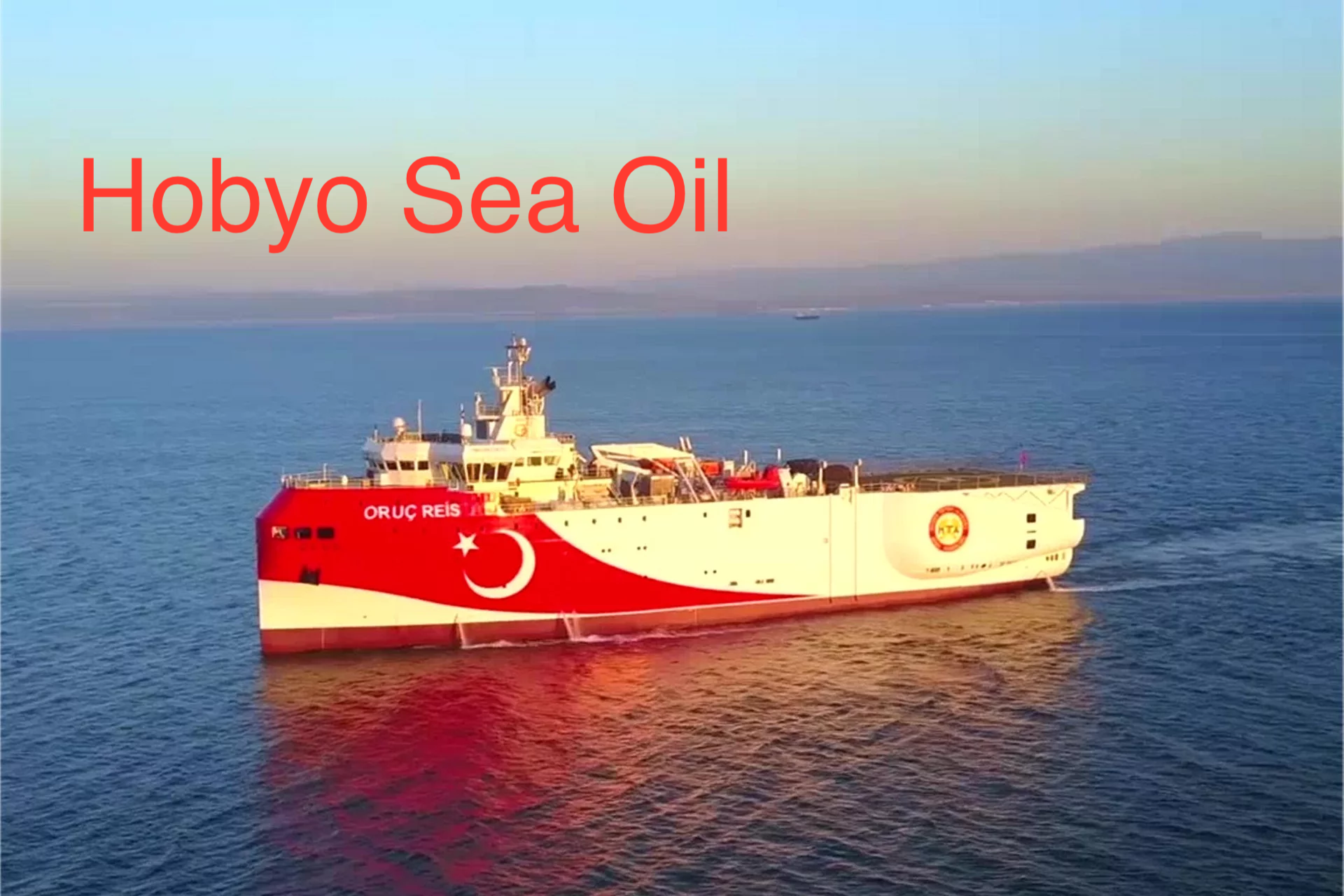
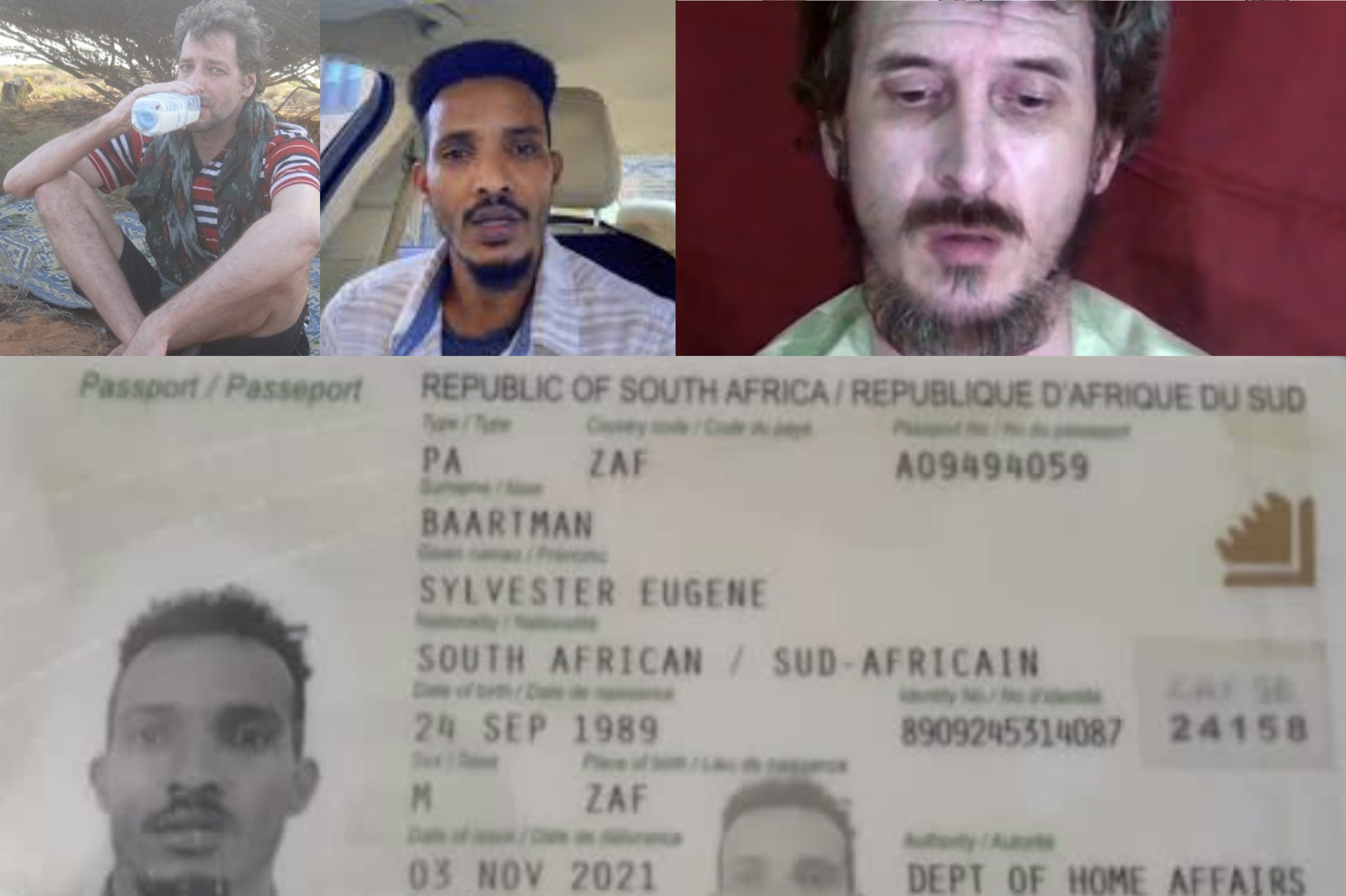
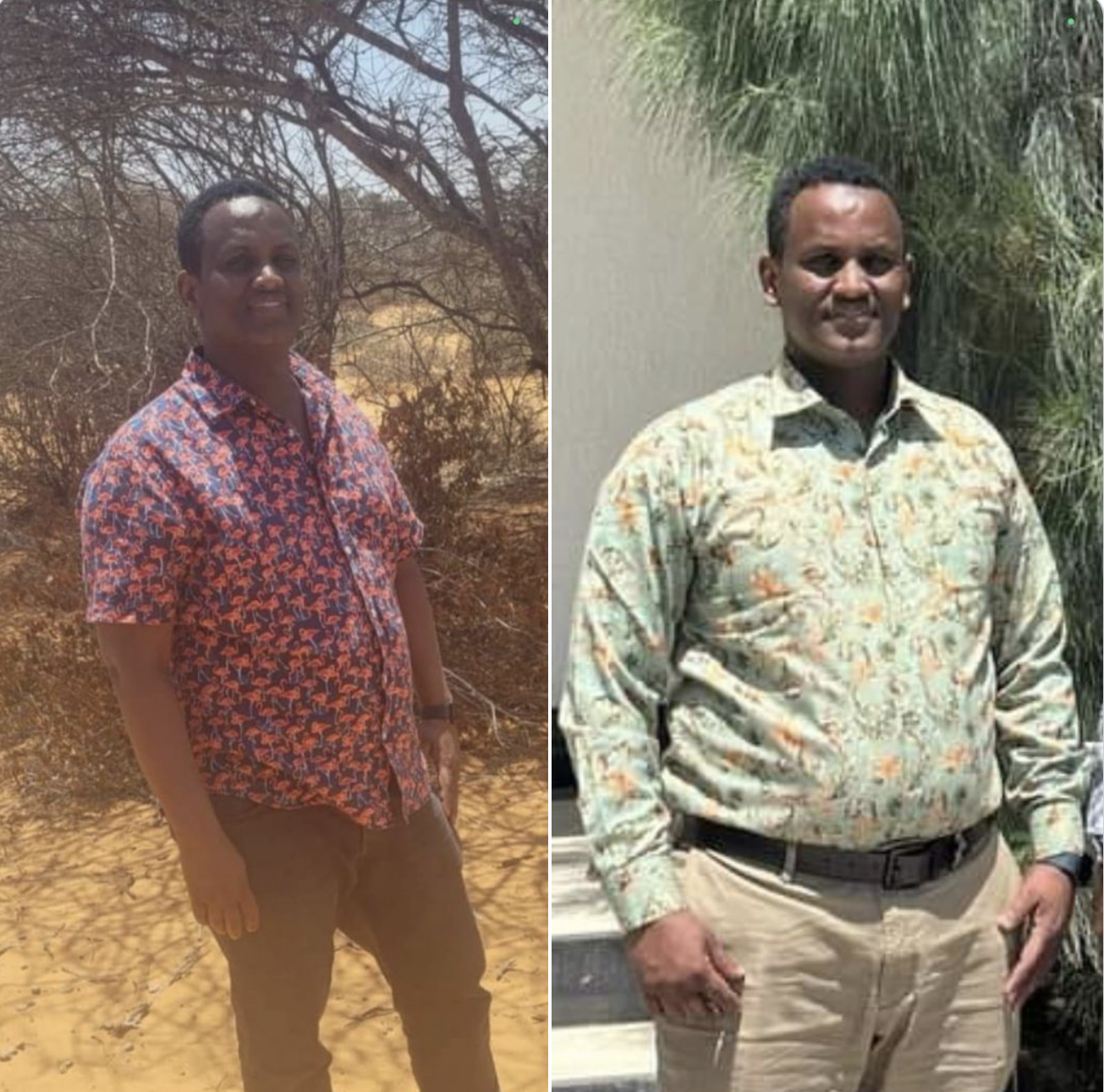
![[DAAWO] Dhul Free ah, Degmada ugu quruxda badan Galmudug](https://waagacusub.com/uploads//article/photo/IMG_E16C1C-068D29-00F13D-396389-6B49D3-78A5A6.png)

FAO reaches milestone in massive famine-prevention campaign in Somalia
WAAGACUSUB:-